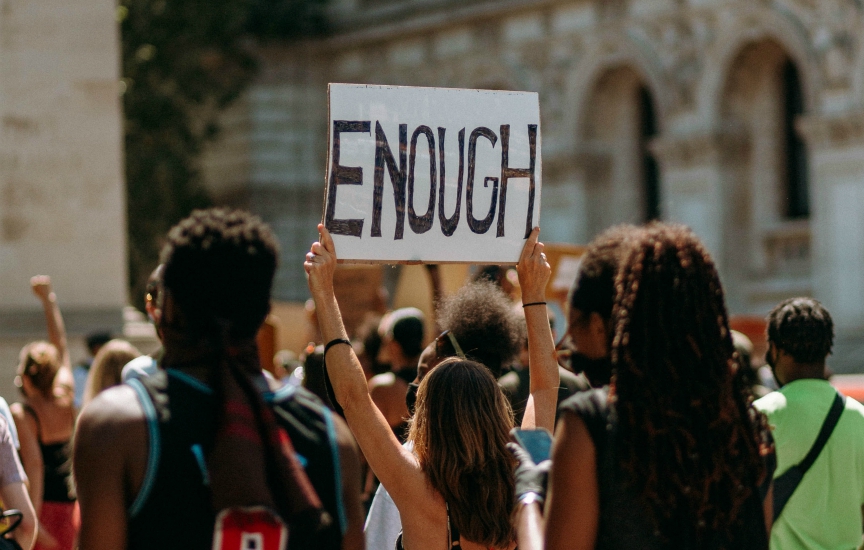In contemporary discourse, the quest for justice imbues spiritual and social dimensions, intertwining with the intrinsic values advocated by the Baha’i Faith. Baha’is are called upon not merely to espouse justice intellectually but to embody its principles through actions and community engagement. This article seeks to elucidate the essence of Baha’i teachings concerning justice—particularly framed around historical contexts, doctrinal explorations, and the ethical imperatives inherent in the teachings.
At the core of Baha’i thought lies a potent assertion that justice is a defining characteristic of divine attributes. The writings of Baha’u’llah, the founder of the Baha’i Faith, echo the belief that true justice transcends mere legalistic frameworks, approaching a spiritual veracity that demands conscientious praxis. For Baha’is, the pursuit of justice is not merely a passive ideal, but an ardent call to action grounded in love, equity, and the elimination of prejudice.
To understand the Baha’i perspective on justice, it is essential to delve into the historical contexts from which these teachings emerged. The socio-political landscape of the 19th century, particularly in Persia, was marked by upheaval and systemic injustice. As the Baha’i Faith formed, the foundational teachings, including those on justice, were a direct critique of the prevailing societal inequalities and a response to the spiritual neglect of the era. Such historical antecedents elucidate a fascinating narrative wherein calls for justice were interwoven with the broader ethos of human unity and the quest for social transformation.
One foundational teaching of the Baha’i Faith is that justice should prevail in all aspects of human life. This notion spans individual behavior to overarching societal structures. It is echoed in the belief that “the best beloved of all things in my sight is Justice,” a principle that encourages individuals to uphold fairness, even when it challenges personal biases or societal norms. Such an assertion invites an introspective evaluation of one’s values and actions, thereby stimulating a culture of accountability and integrity.
Moreover, the Baha’i teachings advocate that justice must be infused with love and compassion. This dynamic interplay suggests that while pursuing justice, one must engage with the inherent dignity of every individual. It is not about retribution but about healing—about fostering a restorative justice that restores harmony in the community. Baha’is are encouraged to approach conflicts with a spirit of unity, aiming to resolve differences through dialogue and mutual understanding.
An essential component of Baha’i thought is its emphasis on the oneness of humanity. This principle posits that bias and prejudice are antithetical to the cause of justice. In a world rife with divisions, Baha’is are implored to rise above societal fractures and to advocate for a collective approach to justice that reconciles differences rather than deepens divides. This inclusivity fosters a sense of belonging and empowerment among marginalized groups, thereby creating a conducive environment for sustainable peace.
As Baha’is contemplate their role in the pursuit of justice, it becomes essential to engage with the systemic barriers that perpetuate inequality. The call to action extends beyond individual behavior; it necessitates an examination of institutional practices and societal norms. This involves not only advocating for equitable policies but also scrutinizing the historical injustices that have shaped contemporary realities. Addressing these issues necessitates an understanding that the search for justice is an ongoing process requiring relentless effort and active participation from all segments of society.
The teachings of the Baha’i Faith also frame an innovative approach to education as a critical element in the quest for justice. Knowledge equips individuals with the tools to advocate for themselves and for others. Baha’is believe that access to education—both formal and informal—is an indispensable right that cultivates understanding and respect for diversity. Promoting educational initiatives, particularly among children and young people, is pivotal for nurturing a new generation primed to uphold the values of justice, equity, and compassion.
Additionally, the Baha’i commitment to justice is intertwined with environmental stewardship. Recognizing that environmental degradation often exacerbates social inequities, Baha’is are called to advocate for sustainable practices that ensure equitable access to resources. This holistic approach reinforces the interconnectedness of social, economic, and environmental justice; indeed, one cannot be realized without the others.
As Baha’is engage with their communities, they are encouraged to cultivate an attitude of service, viewing justice not merely as a principle to champion but as a lived reality to enact. The manifestations of justice can be seen in efforts to provide assistance to those marginalized by society, in community-building initiatives, and through social action projects aimed at elevating the needs of the oppressed. This effective blend of spirituality and action manifests the teachings of Baha’u’llah, bringing justice to the forefront of communal life.
Finally, the search for justice, as delineated by Baha’i teachings, is ultimately a manifestation of profound faith in humanity’s ability to progress. As individuals commit to the principles of justice, they participate in a larger narrative of transformation. This ongoing journey illuminates a pathway toward a just and united world, underpinned by mutual respect and collaboration. Through sustained commitment and proactive engagement, a ripple effect emerges—one that nudges society closer to the realization of Baha’u’llah’s vision of peace and equity for all.
In conclusion, the Baha’i teachings present a compelling and comprehensive framework for understanding justice. Grounded in historical context, rich doctrinal insights, and a forward-looking ethic, the Baha’i call to action in the search for justice invites an engaging exploration of not only individual responsibilities but collective societal obligations towards the establishment of a just and equitable world.
